Trenbolone is a synthetic steroid hormone that was developed in the 1950’s. Trenbolone is a derivative of testosterone and is often referred to as “the king of steroids”. Trenbolone has been shown to increase muscle mass, improve bone density, and reduce fat levels in animals. It has also been shown to have positive effects on human physiology.
Trenbolone comes in two forms; trenbolone acetate (also known as 17-alpha alphahydroxy-4-androsten-17beta-ol) and trenbolone enanthate (also known as 4-hydroxytestosterone). Both forms of trenbolone are commonly used in veterinary medicine to treat cattle and horses.
Trenbolones are considered non-aromatizing steroids and do not aromatize in humans. This means they do not convert to estrogen in the body. However, trenbolone does bind to the androgen receptor and stimulate protein synthesis.
In addition to its use in veterinary medicine, trenbolone is also used in human sports performance. In fact, trenbolone was originally designed to help athletes build lean muscle mass and burn fat faster.
The first study to examine the effects of trenbolone on humans was conducted in the 1960’s. Researchers at the University of California, Los Angeles gave trenbolone to seven men who were undergoing weight loss surgery. After six weeks of treatment, the researchers reported that patients had lost an average of 25 pounds and their resting metabolic rate increased by 10%.
Another study examined the effects of trenabolone on obese women. The results showed that after eight weeks of treatment, subjects experienced significant decreases in total cholesterol, triglycerides, LDL cholesterol, and insulin levels. Additionally, the researchers noted increases in HDL cholesterol and leptin levels. Leptin is a hormone produced by adipose cells that helps regulate appetite and metabolism.
A third study looked at the effects of trenolone on elderly people. Subjects took either 100 mg of trenbolone daily or placebo for 12 months. At the end of the trial, the researchers reported that those taking trenbolone had significantly lower blood pressure than those taking placebo.
While trenbolone is primarily used to promote muscle gain in humans, it may also have some anti-aging effects. A study published in the Journal of Clinical Endocrinology & Metabolism found that older mice given trenbolone gained less fat and maintained higher bone mineral density than those given placebos.

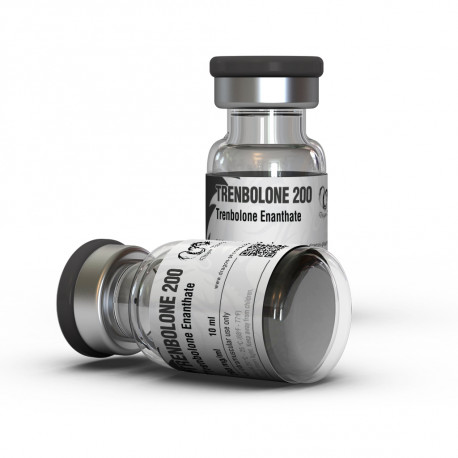
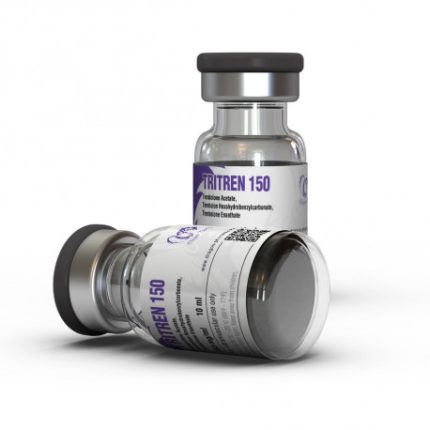



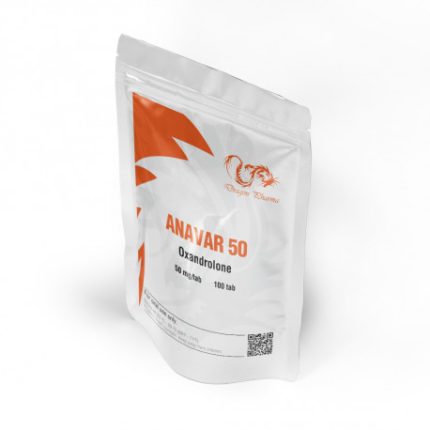




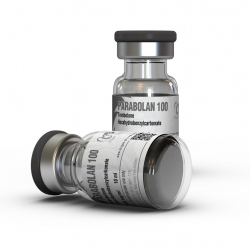
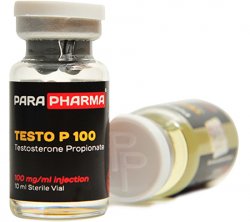
Reviews
There are no reviews yet.